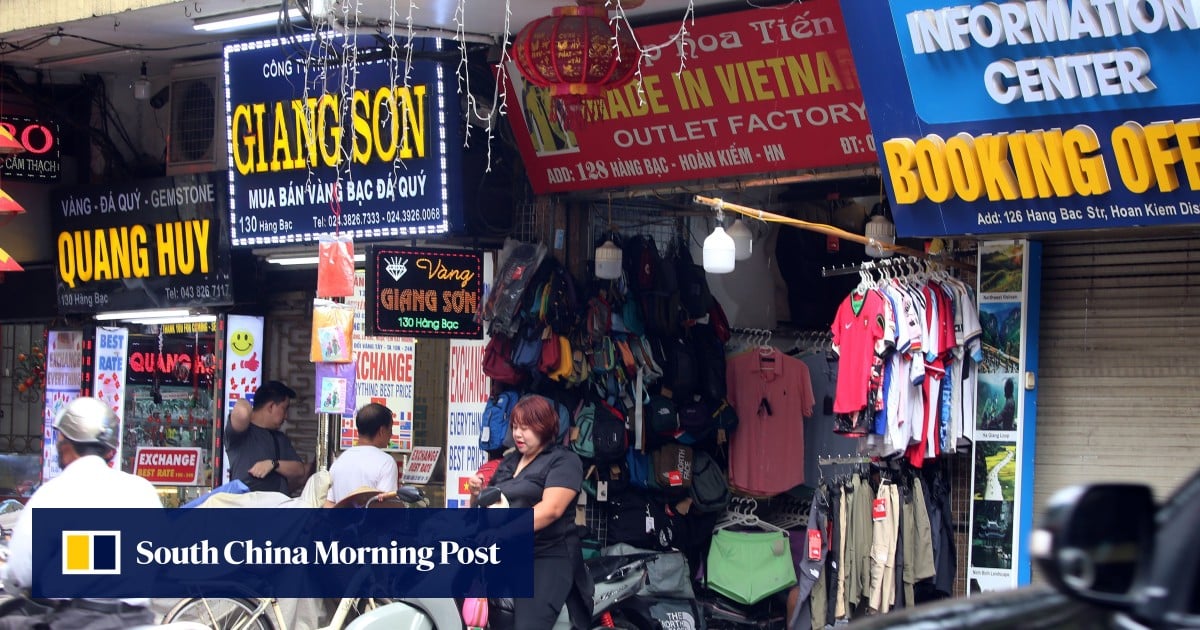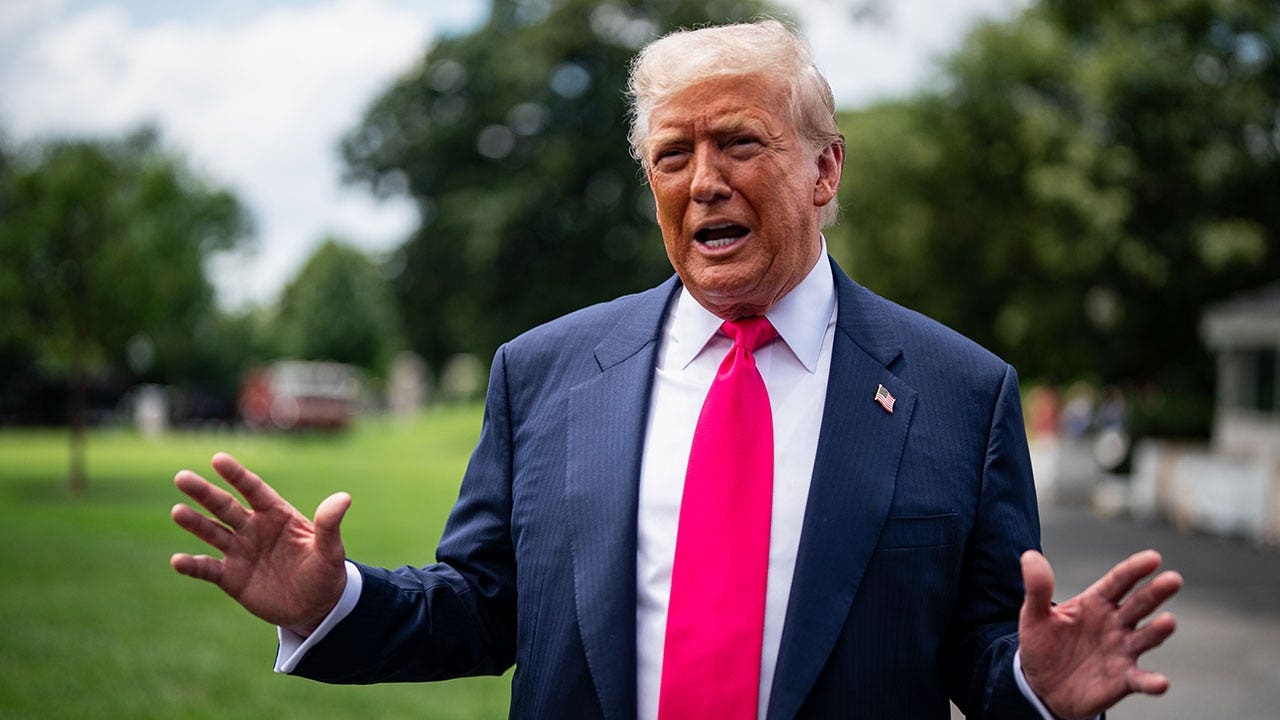In a bold move to reshape America's trade relations, President Donald Trump has announced significant agreements with Indonesia and Vietnam, focusing on fostering economic ties that promise to uplift American
Did You Know
Butterflies taste with their feet.
?
AD
industries. The deal with Indonesia features a landmark purchase of 50 Boeing jets alongside commitments for energy and agricultural products, reflecting a strategic investment that signals both nations’ readiness to deepen their partnership in the global market.
As part of his strategy, Trump has also introduced a substantial 19% tariff on Indonesia, a maneuver that aims to regulate trade flows while ensuring American companies maintain their competitive edge. The president’s remarks underscore his commitment to an America-first trade policy, prioritizing direct negotiations over multilateral agreements. By establishing these bilateral agreements, Trump hopes to create frameworks that yield tangible benefits for the U.S. economy.
Meanwhile, the Vietnam trade deal is reported to be nearly finalized, with Trump indicating it is “pretty well set.” However, the specifics surrounding the agreement remain somewhat elusive, raising questions about regulatory frameworks such as transshipment rules that could impact the overall effectiveness of the pact. These developments come amidst ongoing discussions about tariffs, including unresolved negotiations with Canada, illustrating the complex and often contentious landscape of U.S. trade policy as the Trump administration seeks to strategically reposition America on the global stage.
Q&A (Auto-generated by AI)
What are the key points of the Vietnam deal?
The key points of the Vietnam trade deal include its near completion, as stated by U.S. President Donald Trump. While specific details remain scarce, the agreement is expected to enhance trade relations between the U.S. and Vietnam, with a focus on reducing tariffs and increasing exports. The deal aims to address trade imbalances and foster economic cooperation, particularly in sectors like agriculture and manufacturing.
How does this deal impact U.S.-Vietnam relations?
The Vietnam trade deal is poised to strengthen U.S.-Vietnam relations by fostering economic ties and reducing trade barriers. As both countries work towards mutual benefits, this agreement may lead to increased investment and collaboration in various sectors. Strengthened relations can also enhance diplomatic cooperation, particularly in regional security and economic stability in Southeast Asia.
What tariffs are currently imposed on Vietnam?
Currently, the U.S. imposes various tariffs on Vietnamese goods, particularly in sectors like textiles and footwear. These tariffs have been a point of contention in trade negotiations, as they can affect the competitiveness of Vietnamese exports in the U.S. market. The ongoing discussions surrounding the trade deal aim to address these tariffs to promote more favorable trade conditions.
What is the significance of transshipment rules?
Transshipment rules are significant as they regulate how goods are transported through third countries before reaching their final destination. In the context of the Vietnam trade deal, establishing clear transshipment rules is crucial to prevent circumvention of tariffs and ensure fair trade practices. These rules help maintain the integrity of trade agreements and protect domestic industries from unfair competition.
How have past trade deals shaped current policies?
Past trade deals, such as NAFTA and the TPP, have significantly influenced current U.S. trade policies by highlighting the importance of addressing trade imbalances, labor rights, and environmental standards. Lessons learned from these agreements have prompted a more cautious approach to negotiations, emphasizing the need for comprehensive agreements that benefit all parties involved, including considerations for domestic industries.
















